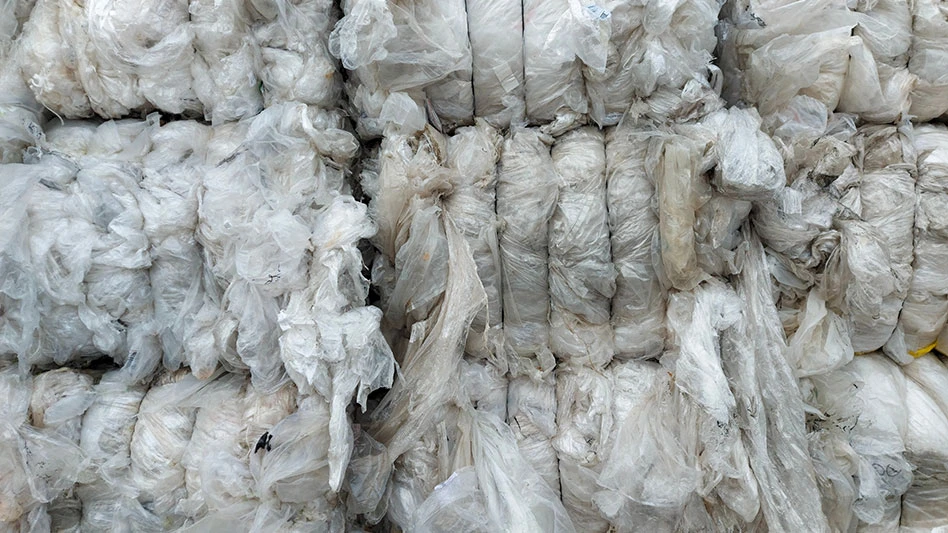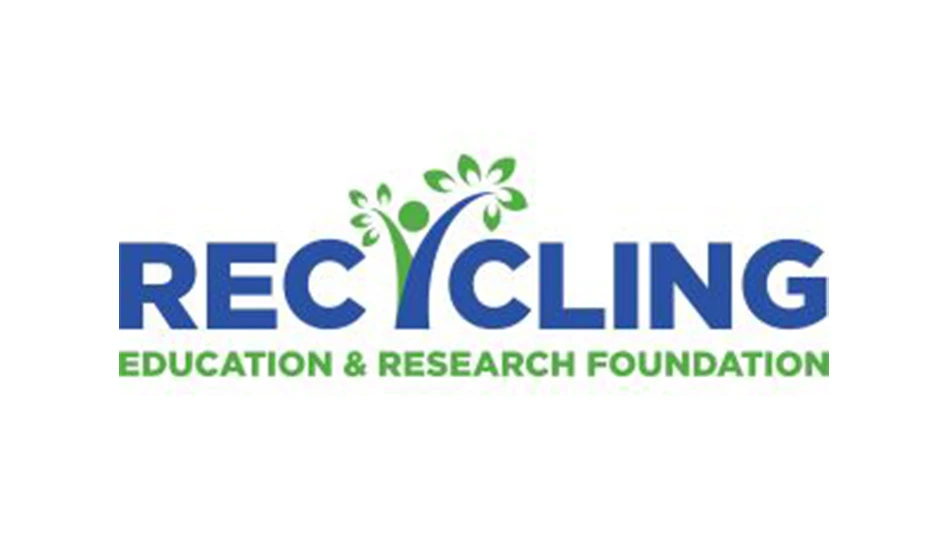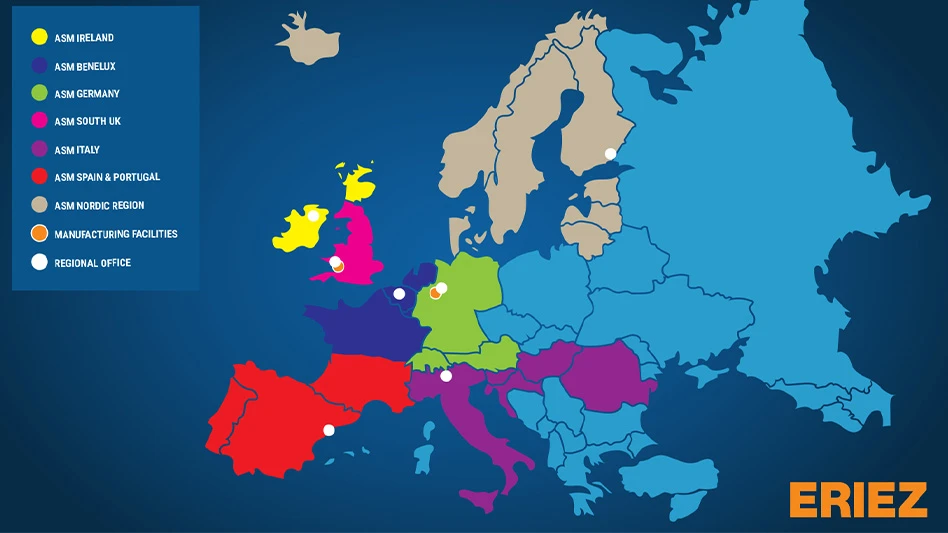
Image courtesy of Aduro Clean Technologies Inc.
Aduro Clean Technologies Inc., a London, Ontario-based company that is developing a process to chemically recycle plastic as well as heavy bitumen and renewable oils, has signed a memorandum of understanding (MOU) with another Ontario-based company in NexGen Polymers, a supplier and broker of virgin and recycled plastics, that details a framework for a proposed partnership to develop a demonstration-scale plant.
The proposed facility would utilize Aduro’s Hydrochemolytic technology (HCT), and the collaboration would include securing feedstock supply, potential site selection and plant operations to optimize data generation for the future development of configurable commercial solutions.
Aduro notes that NexGen brings more than 30 years of experience in polymer supply chain management, infrastructure and logistics. The company specializes in securing, storing and distributing polymer feedstocks through an extensive logistics network, which includes warehousing, rail and truck infrastructure. Aduro says the partnership will leverage NexGen’s expertise to support key operational requirements for its demonstration facility.
“Aligned with our strategic objectives, commencement of work on the demonstration plant is a critical step in our path toward commercialization,” Aduro CEO Ofer Vicus says. “NexGen is a strong partner with extensive industry experience and the resources necessary to support and expedite this process. We look forward to collaborating with them as we advance the implementation of our commercialization strategy.”
Aduro currently is constructing its next generation process (NGP) HCT pilot plant, and says it expects commissioning to begin in the third quarter of this year. The company says the plant will serve as a key scale-up step, generating critical data to support the transition to a larger demonstration plant. Anticipating a successful commissioning and testing at the pilot plant, Aduro says it plans to advance toward a demonstration-scale facility, initially designed to process 8,000 tons per year.
The MOU and partnership with NexGen will align with Aduro’s goals, it says, ensuring the scale-up program is progressing efficiently by implementing the long lead times necessary for the deployment of the demonstration plant concurrently with the buildout of Aduro’s NGP plant.
Aduro believes the collaboration is a natural continuation and ideal fit as it moves toward real-world deployment of its technology and will focus on evaluating critical feasibility factors needed for site selection, logistics and feedstock supply, including data on material characterization, volume and cost, setting the stage for the next phase of its commercialization strategy.
Aduro says the MOU is comprised of three stage-gated phases. Phases two and three of the MOU are nonbinding and outline a framework for the execution of a potential joint venture agreement as well as a proposed collaboration on the demonstration plant. The technology, including any improvements or modifications made during the proposed joint venture, will remain the exclusive property of Aduro. The first phase is binding between the two companies and outlines activities where they will work together on feasibility factors that lay the groundwork for the demonstration plant, including feedstock brokerage services, site selection, site permitting, zoning and building approvals and preliminary engineering and business model development.
“At NexGen, we are committed to providing our clients with innovative and sustainable polymer solutions,” says Daniel Peretz, the company’s president. “Collaborating with Aduro allows us to explore a next-generation technology that can help bridge the gap between plastic waste and circularity. We look forward to working together to validate its potential at scale.”
Latest from Recycling Today
- CalRecycle opens comment period on proposed SB 54 revisions
- 2026 Circular Steel Summit: Taking stock of tariffs
- CDRA Conference & Tradeshow 2026: Addressing battery fire risks
- Darda equipment now available in North America
- Struktol's ZB 47 and ZB 49 improve processability in rubber compounds
- Volatility wave hits copper pricing
- ArcelorMittal legal battle with Italy continues
- Altor program boosts EPS recycling





